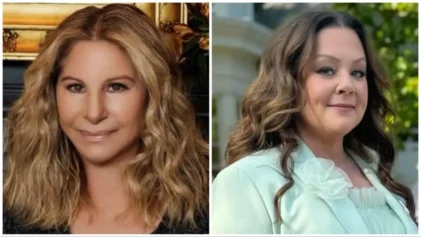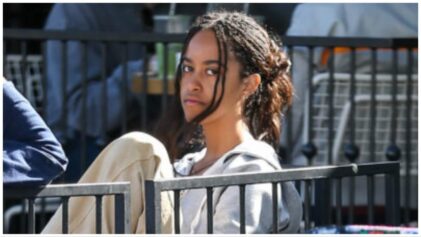The sort of material that you might expect to be covered in a documentary — the true story of a senseless police shooting that takes the life of yet another young, urban black man — instead has been made into a powerful dramatic feature film in Fruitvale.
First-time writer-director Ryan Coogler, who, at 26, is the same age his subject would have been today, puts the life of Oscar Grant onscreen with conviction that makes it clear why Oscar’s killing became a cause celebre and the springboard for massive protests against police brutality in Oakland, Calif.
The project’s topicality, qualities and the presence of such connected Hollywood figures as producers Forest Whitaker and Octavia Spencer, the latter of whom plays Oscar’s mother, ensure that attention will be paid, and, though commercial prospects are limited, the film certainly will serve as an effective springboard for Coogler, lead actor Michael B. Jordan, and others involved.
Raw phone video footage at the outset presents, but does not clarify, what happened in the wee hours of New Year’s Day 2009. A few angry, young black men are being subdued by cops at the Oakland-area Fruitvale BART rapid transit station. After some scuffling and a lot of shouting, what sounds like a shot is heard, though nothing that’s seen remotely looks to have warranted gunfire.
The film then rewinds several hours to New Year’s Eve, which provides a window into the life of 22-year-old Oscar, who at this point is earnestly trying to pull things together in Hayward, after a youth presumably pockmarked by the usual urban ills of gangs, drugs and bad influences. In a smart way, Coogler plays with knee-jerk perceptions; one look at Oscar driving around in his rig might be enough to convince outsiders, and whites in particular, to be wary of this guy — a paranoid perspective that will rebound with devastating repercussions later when the whites with this attitude turn out to be cops.
Whatever his past transgressions, Oscar is now very much trying to do the right thing by his live-in girlfriend Sophina (Melonie Diaz), little daughter Tatiana (Ariana Neal) and mother Wanda (Spencer), a principled, religious woman who knows the score. While trying to get his old job back at a supermarket, he’s generous to a young white customer, Katie (Ahna O’Reilly), whose initial suspicion soon dissolves in response to his warm nature; there’s no way to know that this passing moment will boomerang fatefully later on. Oscar then rejects some easy money by refusing to return to drug dealing.
Another reset in Coogler’s shrewdly structured screenplay jumps back to New Year’s Eve 2007, which finds Oscar being visited in San Quentin by his mother. What landed him there remains unspecified in the film, but the brief interlude reveals that Oscar is having problems with white-supremacist types in prison, another factor that will tragically reassert itself in due time…
Read More: hollywoodreporter.com


